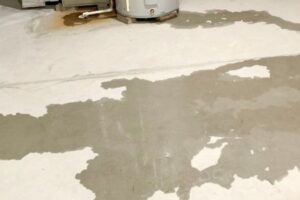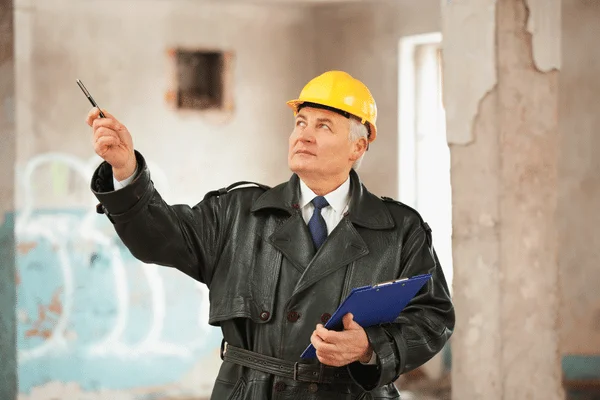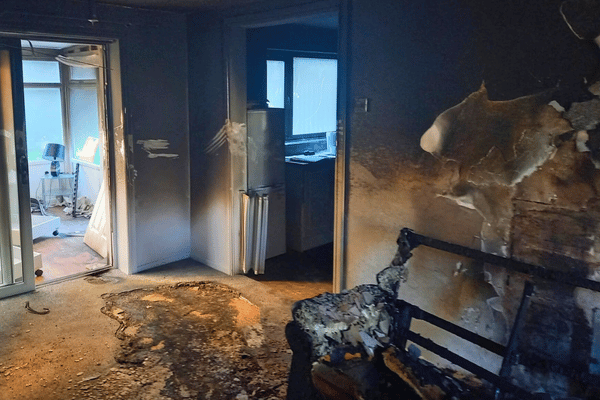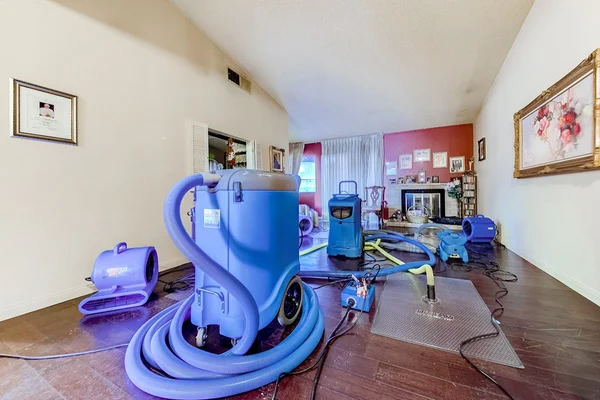If you suspect a slab leak under your foundation, you must notice specific signs indicating a problem. You might notice damp spots on your floors, an unexpected spike in your water bill, or even hear water sounds when no taps are running. Cracks in walls or flooring could also signal trouble. Identifying these early warning signs can save you from costly repairs. But how do you confirm it’s a foundation slab leak? Let’s explore the steps you can take to guarantee your home stays safe and dry.
What Is a Slab Leak and Why You Should Care
A slab leak occurs when water pipes beneath your home’s foundation crack or break, allowing water to seep through. Ignoring this issue can cause extensive water damage, mold growth, and structural problems. Common signs include the sound of running water when no taps are on, damp spots on the floor, or an unexplained increase in your water bill.
Catching a foundation slab leak early can save you from costly repairs and prevent long-term damage. Leaks often go undetected without knowing what to look for, affecting your home’s value. Regular inspections and maintenance are essential to avoid significant plumbing issues.
A slab leak can weaken your foundation, leading to cracks and structural damage over time. If you notice any signs, consult a professional plumber immediately. Timely detection and repairs can help preserve your home’s integrity and save you from future headaches and expenses.
Warning Signs of a Slab Leak
Catching a slab leak sooner rather than later can help avoid significant damage and costly repairs. Subtle clues like musty odors, loose flooring, or unexplained water sounds may signal a problem. Monitoring changes around your foundation and appliances can make a big difference. Stay alert—recognizing early signs is key to protecting your home’s structure and efficiency.
High Water Bills
A sudden increase in your water bill without any change in usage can strongly indicate a hidden slab leak. Water escaping from pipes beneath the foundation often causes this.
Unexplained Water Sounds
If you hear running water or hissing sounds when all taps are turned off, it may indicate a slab leak. These noises often come from underneath the floor and signal hidden water issues.
Damp Floors
If your floors feel damp or you notice moisture without a visible source, this could indicate a slab leak. Water seeping upward from beneath the foundation causes this problem.
Warm Spots
Finding unexpectedly warm areas on your floor could be caused by a hot water line leaking under the slab. This subtle sign should not be ignored, as it can signal a more significant issue.
Cracks
New or widening cracks in your walls or floors might indicate shifting due to water damage from a slab leak. The moisture under the foundation can compromise the structural integrity of your home.
How to Confirm If It’s a Slab Leak
To confirm a foundation slab leak, follow these simple steps to identify potential issues before they cause significant damage or costly repairs.
- Check the water meter: Turn off all faucets and water-using appliances to ensure no water is being directed elsewhere in the home. A leak may be beneath your foundation if the meter moves after an hour with everything turned off.
- Inspect for moisture: Look for damp or warm spots on the floor, particularly around the perimeter of rooms or at major junction points. Musty odors may also indicate hidden water beneath the slab, which can lead to mold growth.
- Listen for unusual sounds: Hissing or running water noises when all faucets are off could be a clear sign of a leak, especially when plumbing is hidden under the slab. This is a sign that is usually easy to detect and should not be ignored.
- Monitor your water bill: A sudden increase in water usage without a change in habits might suggest a leak. Compare your current bill with previous months to spot any significant jumps that can indicate leaks in the foundation areas.
- Look for structural changes: Cracks in walls or flooring, especially if they are new or there has been recent renovation work in the area. This may cause issues that can lead to water seeping into the foundation, weakening its structure over time.
Suppose you notice one or more of these signs. In that case, it is essential to contact a professional plumber who can conduct a thorough inspection and perform the necessary repairs to prevent further damage. Taking action early can save you money and protect your home.
DIY Checks vs. Professional Detection Tools
When facing a potential slab leak, deciding between DIY checks and professional detection tools can significantly affect the outcome. DIY methods—like watching for damp spots, listening for running water, or monitoring your water bill—help identify warning signs. However, these checks often fall short of locating the exact source of the problem.
Professional detection tools, such as infrared thermal imaging and pressure testing, offer far greater accuracy. They can detect temperature changes or pressure drops that signal hidden leaks beneath the slab. While hiring a professional may cost more upfront, it can save you time, prevent unnecessary damage, and lead to faster repairs.
Why Early Detection Matters
Detecting a slab leak without delay can prevent extensive damage and costly repairs. Water leaking under your foundation can weaken its structure, leading to cracks and warped flooring. Identifying the issue as soon as possible allows for easier and less expensive maintenance while delaying action can result in more serious damage and higher costs. Early detection also helps prevent mold growth, which can negatively impact your health. Here’s why timely detection is crucial:
- Prevents structural damage: Catching slab leaks early protects your foundation, preventing cracks, shifting, and other structural issues compromising your home.
- Reduces repair costs: Addressing leaks quickly minimizes damage, leading to less extensive and more affordable repairs than waiting for further deterioration.
- Prevents mold growth: Excess moisture from leaks can promote mold growth, damaging your home and posing health risks to your family.
- Maintains property value: Timely leak detection helps preserve your home’s value, avoiding the depreciation caused by undetected issues and significant repairs.
- Protects plumbing system: Identifying leaks early prevents additional damage to pipes and plumbing, extending the life of your entire home’s systems.
Proactively addressing foundation slab leaks ensures your home remains safe, functional, and valuable for years to come.
When to Call a Water Damage Specialist
If you notice unexpected water pooling, a musty odor, or damp, warm floors, it’s time to call a water damage specialist. These signs may indicate a slab leak, which can cause significant damage if left unchecked. A sudden increase in your water bill, cracks in the foundation or walls, or the sound of running water when no taps are on are other red flags. Professionals can assess the issue, accurately identify the source, and provide necessary repairs. Acting early can prevent further damage and protect your home’s structure, saving you from costly repairs.
Book a Slab Leak Inspection Today
Protect your home from the hidden dangers of a slab leak by scheduling an inspection today. Waiting for damage to appear can lead to costly repairs. A professional plumber will use advanced technology to detect leaks under your foundation, ensuring timely intervention. The inspection includes checking for unusual sounds, water pooling, or damp spots on your floors. If a leak is found, they’ll offer tailored solutions to resolve the issue. Proactively booking an inspection protects your home’s foundation, provides peace of mind, and ensures your home remains safe and secure. Think you have a hidden leak? Book our advanced leak detection service now.
FAQs
1. How Much Does It Cost to Repair a Slab Leak?
2. Can Slab Leaks Cause Foundation Issues?
3. What Are the Long-Term Effects of Undetected Slab Leaks?
4. Are Slab Leaks Covered by Homeowners Insurance?
5. How Can I Prevent Slab Leaks in the Future?







